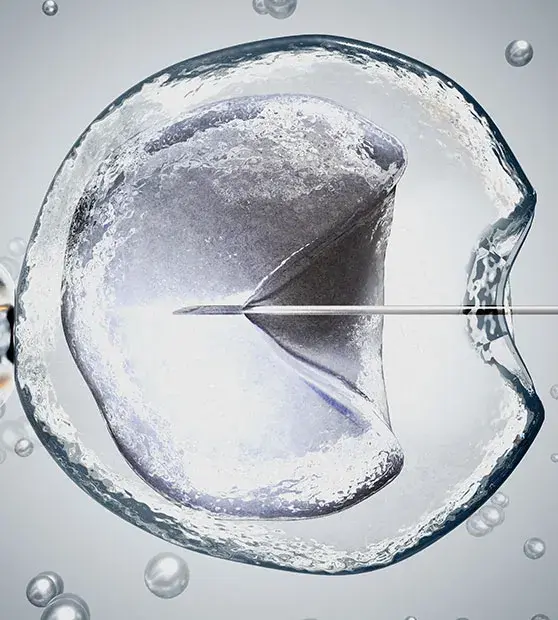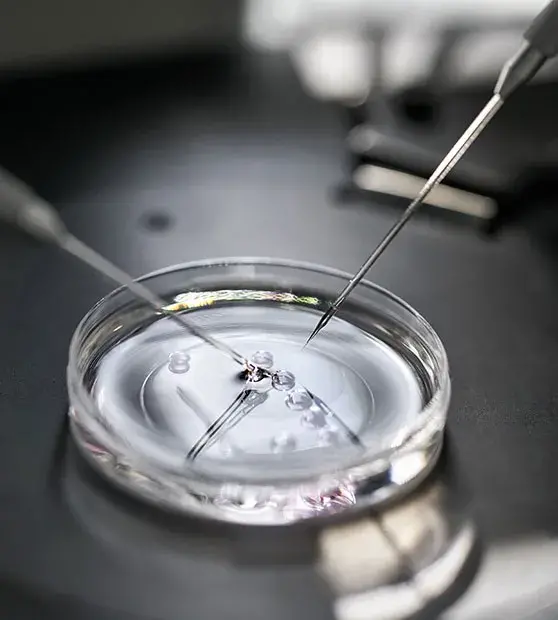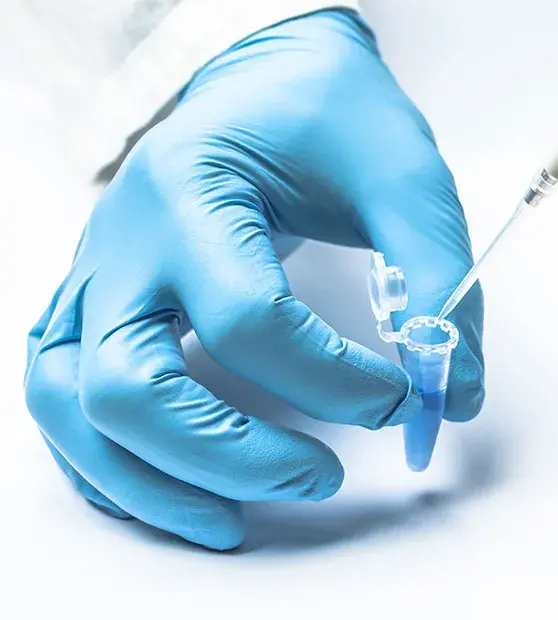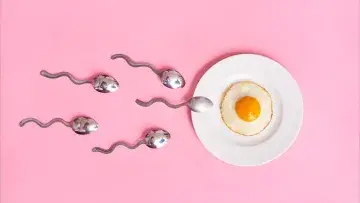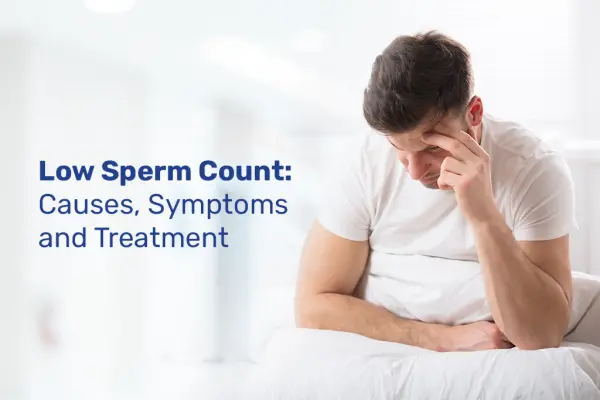Oligospermia
Oligospermia refers to reduced number of sperm in the ejaculate. When the sperm count is below 15 million sperm per ml of semen, sperm count is considered low. Low sperm count is a known cause of difficulty in conceiving.
What causes oligospermia?
Various factors, including medical, environmental, health, and lifestyle factors, etc. can be responsible for oligospermia.
- Certain health problems and medical treatments can cause low sperm count e.g., varicocele, ejaculation problems, tumors, hormone imbalance, chemotherapy, etc.
- Chromosomal and genetic factors also can cause oligospermia.
- Environmental factors like industrial chemicals, exposure to radiation can also affect sperm production.
- Certain lifestyle factors such as smoking, depression, and excessive alcohol intake can cause low sperm count.
What are the symptoms of oligospermia?
Generally, a person with oligospermia may not have any signs and symptoms. Certain symptoms can however be associated with low sperm count:
- Problems with male sexual function including difficulties with erection or ejaculation.
- Painful swelling or lump in the testicle area.
- Reduced or absent facial or body hair.
How does oligospermia affect fertility?
Low sperm count leads to difficulty in fertilizing the eggs and therefore reduces chances of conceiving both naturally as well as by some of the assisted conception treatments.
How to diagnose oligospermia?
A semen analysis will diagnose oligospermia. This is the most important test.
To evaluate the causes of oligospermia, other tests including medical history, physical examination, blood levels of hormones, and genetic tests may give more information.
How to treat oligospermia?
Identifying and treating the underlying cause, including lifestyle modification may help. The couple may also need the help of assisted reproduction techniques such as Intracytoplasmic sperm injection (ICSI) to achieve a successful pregnancy. ICSI involves injecting sperm into each egg to help fertilization.
The Takeaway
Low sperm count in semen can lead to reduced chances of achieving pregnancy, both naturally and with some of the assisted conception treatments. One may need a special technique called Intracytoplasmic sperm injection (ICSI) to improve chances of fertilisation, and pregnancy.
At ART Fertility clinics, our experienced doctors can guide you on the best course of action if low sperm count is diagnosed. Our labs are equipped with state-of-the-art technology to help you in case you need assisted conception treatment such as ICSI.

